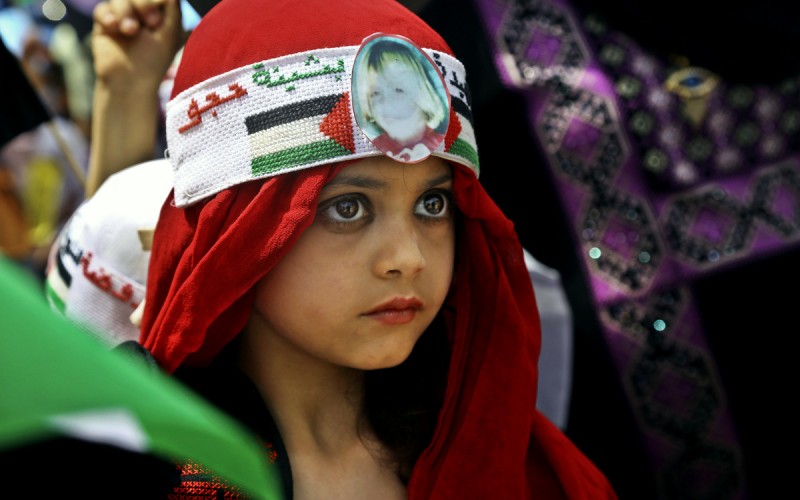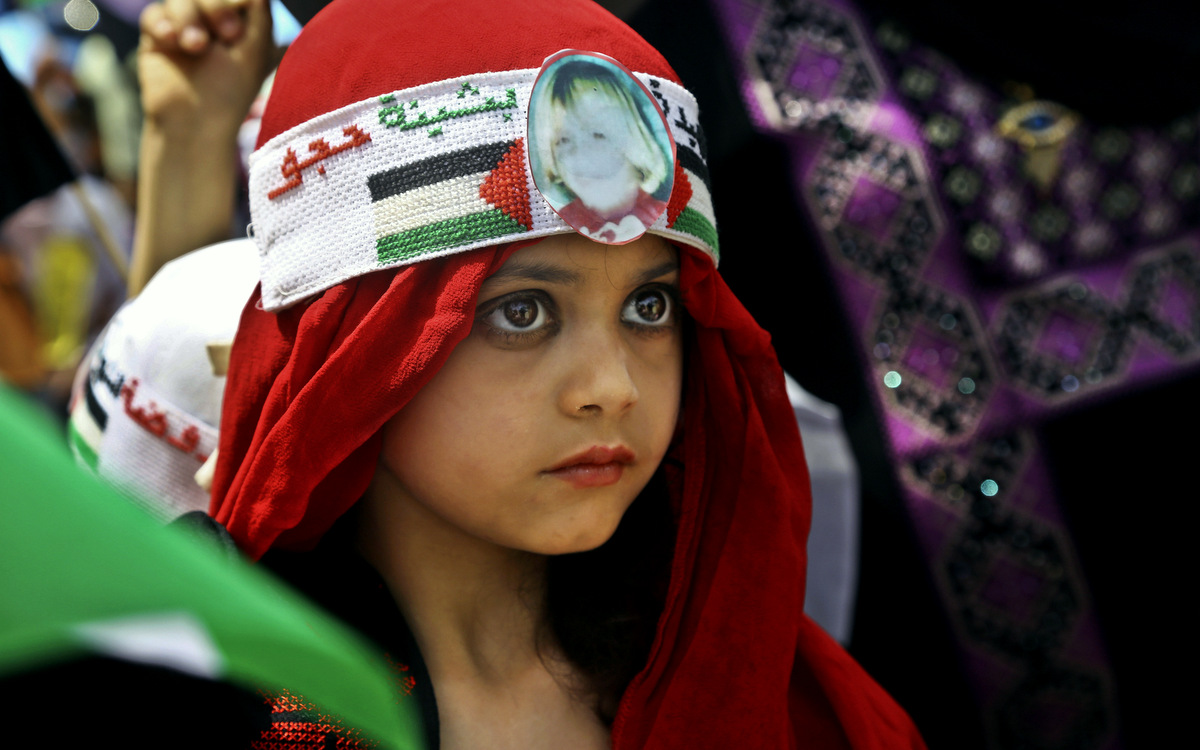
French lawmakers voted on Tuesday in favor of recognizing Palestine as a state, a symbolic move that will not immediately affect France’s diplomatic stance but demonstrates growing European impatience with a stalled peace process.
The motion, which echoes similar votes in Britain, Spain and Ireland, received the backing of 339 lawmakers with 151 voting against.
While most developing countries recognize Palestine as a state, many Western European countries do not due to their ties with Israel and its main ally, the US.
But European countries have grown frustrated with Israel, which since the collapse of the latest US-sponsored talks in April has pressed on with building illegal settlements in annexed East Jerusalem and the West Bank, territory that is being considered for a Palestinian state under a two-state solution.
The seven-week Israeli assault on the Gaza Strip over the summer also elicited serious criticisms regarding the Zionist state’s use of force. More than 2,160 Palestinians were killed in the conflict, at least 70 percent of them civilians.
Palestinian leaders say negotiations have failed and they have no choice but to pursue independence unilaterally.
In October, Sweden became the biggest Western European country to recognize Palestine, and parliaments in Spain, Britain and Ireland have since held votes in which they backed non-binding resolutions in favor of recognition.
In an interview in Les Echos daily on Tuesday, Swedish Prime Minister Stefan Lofven defended the move.
“What is working so well in the current plan?” Lofven asked. “It’s time to do something different. We wanted to make the balance less uneven between the two parties.”
Israel has strongly opposed all such moves and Prime Minister Benjamin Netanyahu called the French vote a “grave mistake.”
The motion, proposed by the ruling Socialists and backed by left-wing parties and some conservatives, asked the government to “use the recognition of a Palestinian state with the aim of resolving the conflict definitively.”
Speaking to parliament ahead of the vote, Foreign Minister Laurent Fabius said the government would not be bound by the vote. However, he said the status quo was unacceptable and France would recognize an independent Palestine without a negotiated settlement if a final diplomatic push failed.
He backed a two-year timeframe to relaunch and conclude negotiations. Paris is working with Britain and Germany on a text that could be accelerated if a separate resolution drafted by Palestinians is put forward.
“If this final effort to reach a negotiated solution fails, then France will have to do what it takes by recognizing without delay the Palestinian state,” Fabius said.
The vote in Paris has raised domestic political pressure on the French government to be more active on the issue. A recent poll showed more than 60 percent of French people supported a Palestinian state.
France has the largest Jewish and Muslim populations in Europe and flare-ups in the Middle East aggravate tensions between the two communities.
Right-wing lawmakers have criticised the Socialist majority for backing Palestine recognition to win back support from Muslim voters after President Francois Hollande’s apparent support for Israel’s intervention in Gaza.
The roots of the Israel-Palestine conflict date back to 1917, when the British government, in the now-famous “Balfour Declaration,” called for “the establishment in Palestine of a national home for the Jewish people.”
Israel occupied East Jerusalem and the West Bank during the 1967 Middle East War. It later annexed the holy city in 1980, claiming it as the capital of the self-proclaimed Zionist state – a move never recognized by the international community.
In November 1988, Palestinian leaders led by Yasser Arafat declared the existence of a state of Palestine inside the 1967 borders and the state’s belief “in the settlement of international and regional disputes by peaceful means in accordance with the charter and resolutions of the United Nations.”
Heralded as a “historic compromise,” the move implied that Palestinians would agree to accept only 22 percent of historic Palestine, in exchange for peace with Israel. It is now believed that only 17 percent of historic Palestine is under Palestinian control following the continued expansion of illegal Israeli settlements.
The Palestinian Authority (PA) this year set November 2016 as the deadline for ending the Israeli withdrawal from the territories occupied by Israel during the Six-Day War in 1967 and establishing a two-state solution.
According to PA estimations, 134 countries have so far recognized the State of Palestine, although the number is disputed and several recognitions by what are now European Union member states date back to the Soviet era.
It is worth noting that numerous pro-Palestine activists support a one-state solution in which Israelis and Palestinians would be treated equally, arguing that the creation of a Palestinian state beside Israel would not be sustainable. They also believe that the two-state solution, which is the only option considered by international actors, won’t solve existing discrimination, nor erase economic and military tensions.



